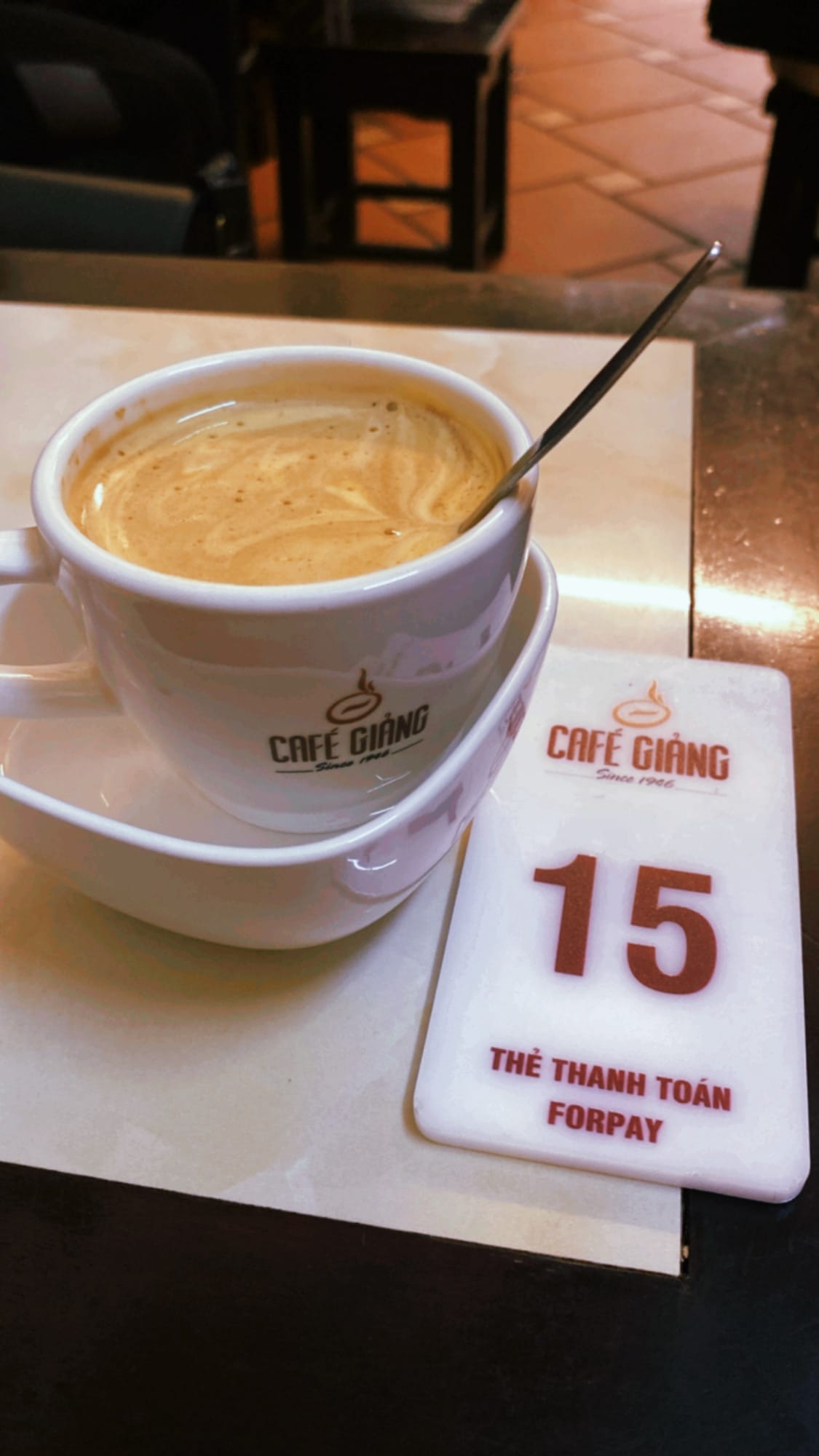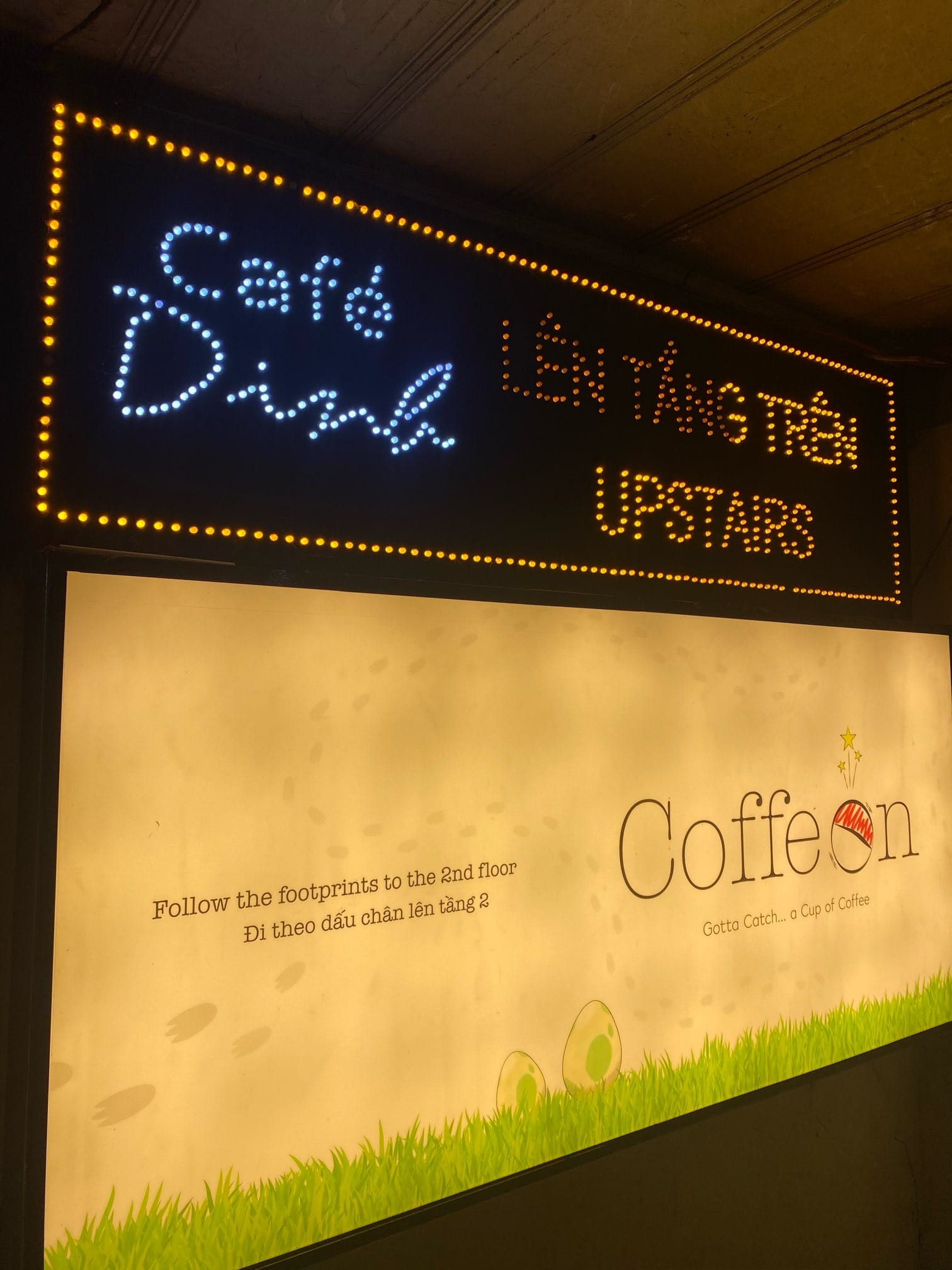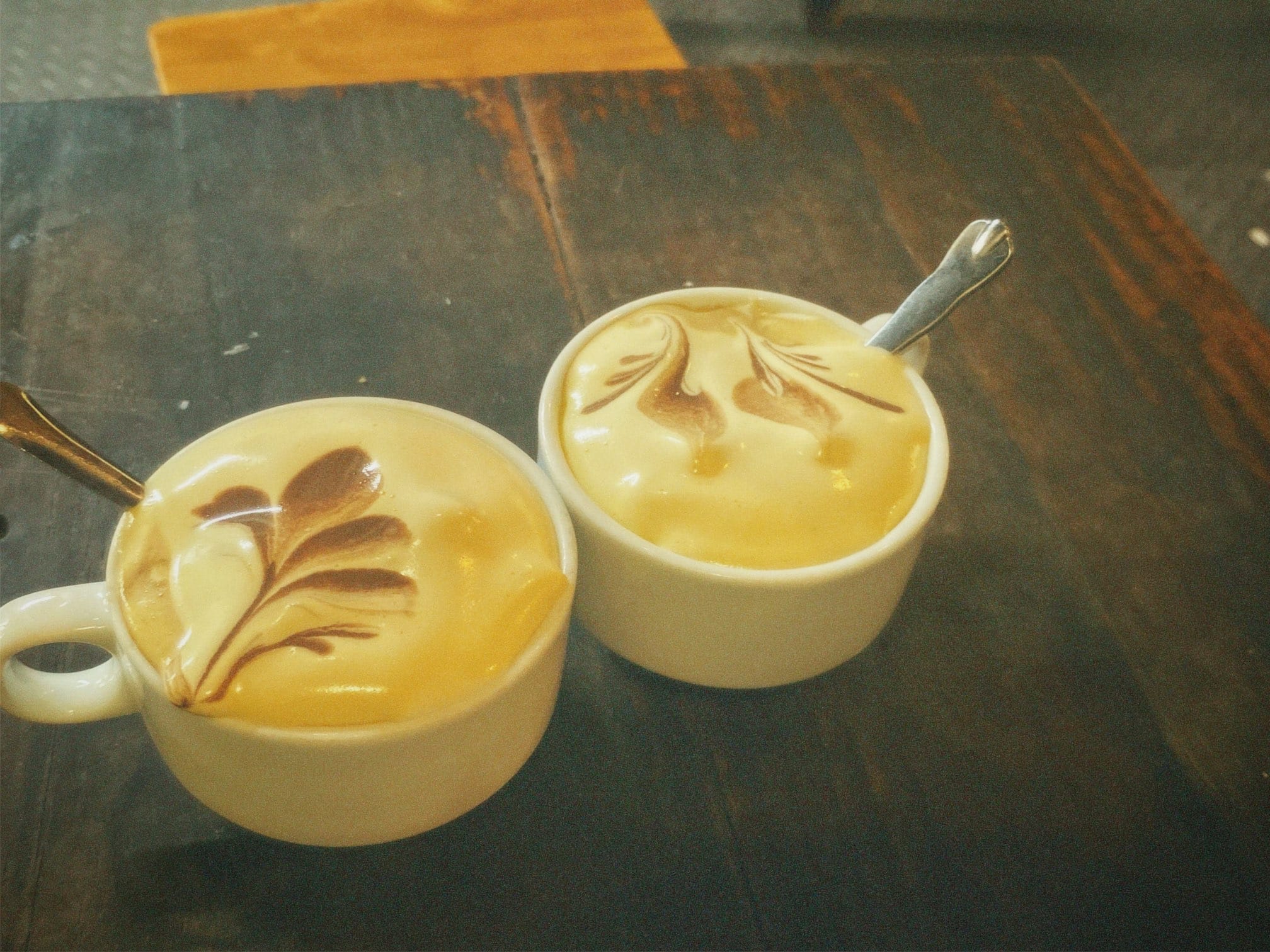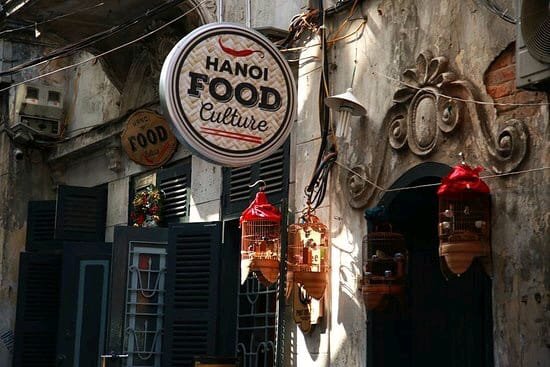Best Vietnamese Egg Coffee vs Traditional Coffee in Hanoi


Introduction to Hanoi’s Coffee Culture
Is coffee just a beverage or is it something more in Hanoi? For many, it’s not just a drink. It’s a part of their daily life. A ritual, a reason to gather, to fuel the city’s endless energy. A means to connect generations.
But what really makes Hanoi’s coffee culture so special? Well, here’s the deal: two drinks reign supreme. Vietnamese egg coffee and traditional coffee. Both have their own fan clubs. Their own devotees. And, honestly, their own personality.
The #1 Best Indian Restaurant in Hanoi for Authentic Cuisine | Kadhai Indian Restaurant
Ever wondered how they taste? What makes them irresistible? What’s the difference anyway? In this article, we’re diving deep into all of that. Flavors, textures and appeal. And ultimately helping you decide which one suits your taste buds. Ready?


Vietnamese Egg Coffee History: How a Wartime Invention Shaped Hanoi’s Coffee Culture
How It All Started
Egg coffee was born out of milk shortages and has an interesting history, dating back to the 1940s. During the French Conflict, milk was scarce, and a bartender named Nguyễn Văn Giảng at the Sofitel Legend Metropole Hotel in Hanoi, invented egg coffee as a substitute to the ordinary milk coffee. He whisked egg yolks with sugar, flour and condensed milk to create a creamy textured liquid and added lesser-known spices, which he then mixed with robusta coffee. (Fun fact: Vietanam is the top producer of Robusta beans!)
This innovation led to the making of a beverage that is both rich and energizing—perfect for keeping you going all day long with its caffeine kick.


Ingredients & Preparation
The main ingredients in Vietnamese egg coffee are ground robusta coffee, egg yolks, condensed milk, flour, sugar, and secret spices. The most common way of making it involves whipping the egg yolks with sugar and condensed milk until they become foamy and smooth. This smooth blend is then poured over hot robusta coffee, making a wonderful contrast between the rich, bitter coffee and the sweet, smooth froth on top.
Taste & Texture
The surface of egg coffee is one of its most distinctive elements. The thick, custard-like froth on top gives a smooth and rich mouthfeel, while the classic robusta coffee underneath conveys caffeine kick. The flavor profile of Vietnamese egg coffee is a brilliant mix of bitterness and sweetness, with the egg yolk adding a rich, nearly dessert-like quality to the drink.


Traditional coffee in Hanoi
Brewing Method: The Phin Filter
Traditional coffee in Hanoi, usually referred to as cà phê sữa đá (iced coffee with condensed milk) or cà phê đen (pure black coffee), is one more staple of the city’s coffee culture. This sort of coffee is made utilizing a Vietnamese phin filter, which allows for a slow and classic brewing process. The phin filter is a small, metal drip filter that sits on top of the coffee mug. Boiling water is poured over the ground robusta coffee, and it gradually drips through the filter into the cup, making a aromatic and strong brew.
Flavors of Cà Phê Sữa Đá vs. Cà Phê Đen
The flavor of traditional Hanoi coffee is strong and rich, with a balance of its bitter taste and sweetness provided by the condensed milk in cà phê sữa đá. when served dark, cà phê đen offers an unadulterated, pure coffee experience that features the classic robusta beans flavors. The utilization of robusta coffee beans, known for their high caffeine content and, is a defining characteristic of traditional Hanoi coffee.
Vietnamese Egg Coffee vs. Traditional Coffee – A Comparison
Choosing between Vietnamese egg coffee and traditional coffee in Hanoi is all about what you love most. Both have their own charm and caters to different tastes. Let’s check out how they contrast.
Taste
Vietnamese egg coffee: where coffee meets dessert in a creamy, sweet, and indulgent dance of egg yolks and condensed milk.
On the flip side, traditional Hanoi coffee is bold and robust. Made from strong robusta beans, its slightly bitter taste is balanced by condensed milk in cà phê sữa đá, or enjoyed pure as cà phê đen.
Texture
Egg coffee stands out with its custard-like texture and a thick, velvety foam that feels luxurious in every sip.
Traditional coffee, especially cà phê đen, has a more straightforward, clear texture. Add condensed milk, and you get a smooth drink—but it lacks the creamy foam of egg coffee.
Sweetness
Egg coffee is sweet that makes it perfect pick for dessert lovers.
Traditional coffee’s sweetness depends on your choice. Drink cà phê sữa đá for a sweet and creamy treat and if you like it classic bitter then you can stick to cà phê đen.
Caffeine Hit
Both use caffeine-packed robusta beans. Egg coffee’s rich ingredients soften the caffeine’s punch, while cà phê đen delivers a stronger jolt for early mornings or long days.
Here are some recs to enjoy the Hanoi’s best Egg coffee:
Cafe Giảng
Known as the birthplace of egg coffee, this historic café is a must-visit for anyone looking to try the original Cà Phê Trứng.


Café Đinh
Café Đinh: Another famous spot for egg coffee, offering a cozy atmosphere and stunning views of Hoan Kiem Lake.


Café Phố Cổ
Located in the heart of Hanoi, this café offers a traditional setting to enjoy both egg coffee and traditional coffee.


Cong Caphe
A popular chain of cafes in Vietnam, Cong Caphe serves a wide range of traditional Vietnamese coffee, including cà phê sữa đá and cà phê đen.
Linh Café
A hidden gem that serves delicious egg coffee and traditional coffee, perfect for those who want to explore Hanoi’s coffee culture off the beaten path.
Conclusion: Which One Should You Try?
Both Vietnamese egg coffee and traditional coffee in Hanoi offer unique taste experiences that reflect the city’s rich coffee culture. Vietnamese egg coffee is a sweet and creamy treat that feels like a dessert, while traditional coffee provides a bold and robust flavor for those who love strong coffee.
The choice between the two ultimately depends on personal taste preferences and the occasion. Whether you prefer the indulgent richness of egg coffee or the invigorating strength of traditional coffee, Hanoi’s coffee scene has something to offer for every coffee lover.
Also read: What To Eat In Hanoi: Ultimate Food Guide – Hanoi Guides
Learn more: Giảng Café






